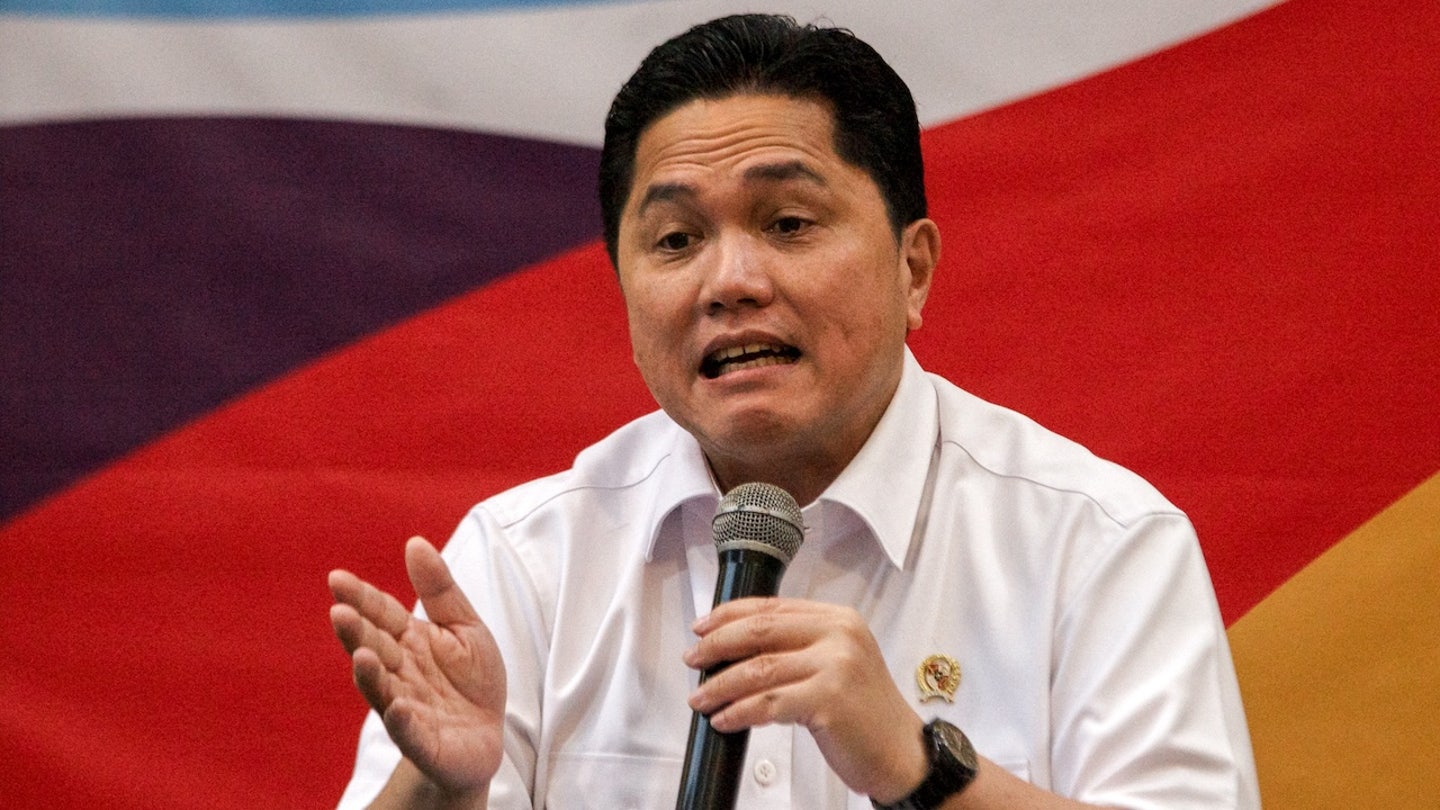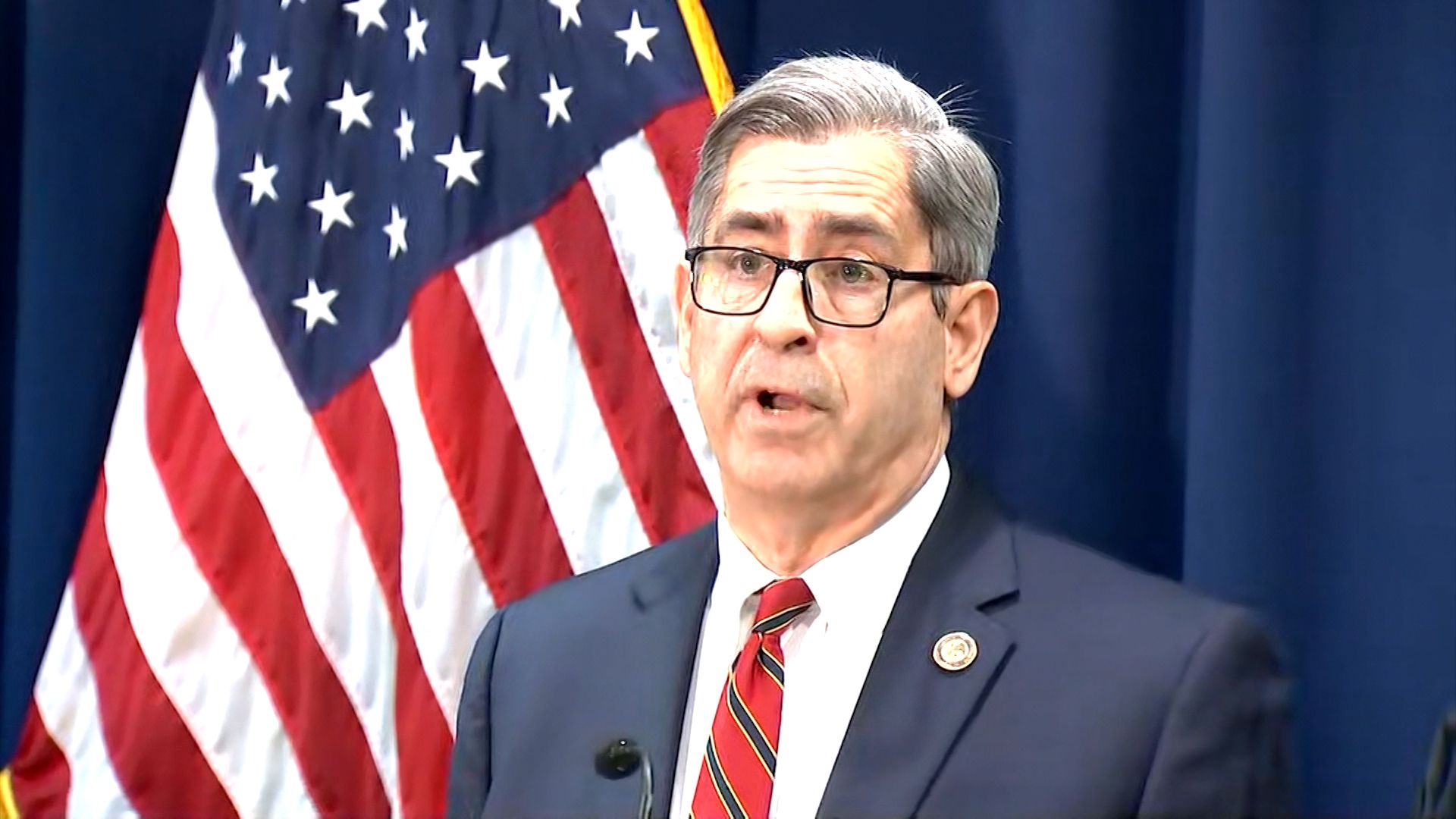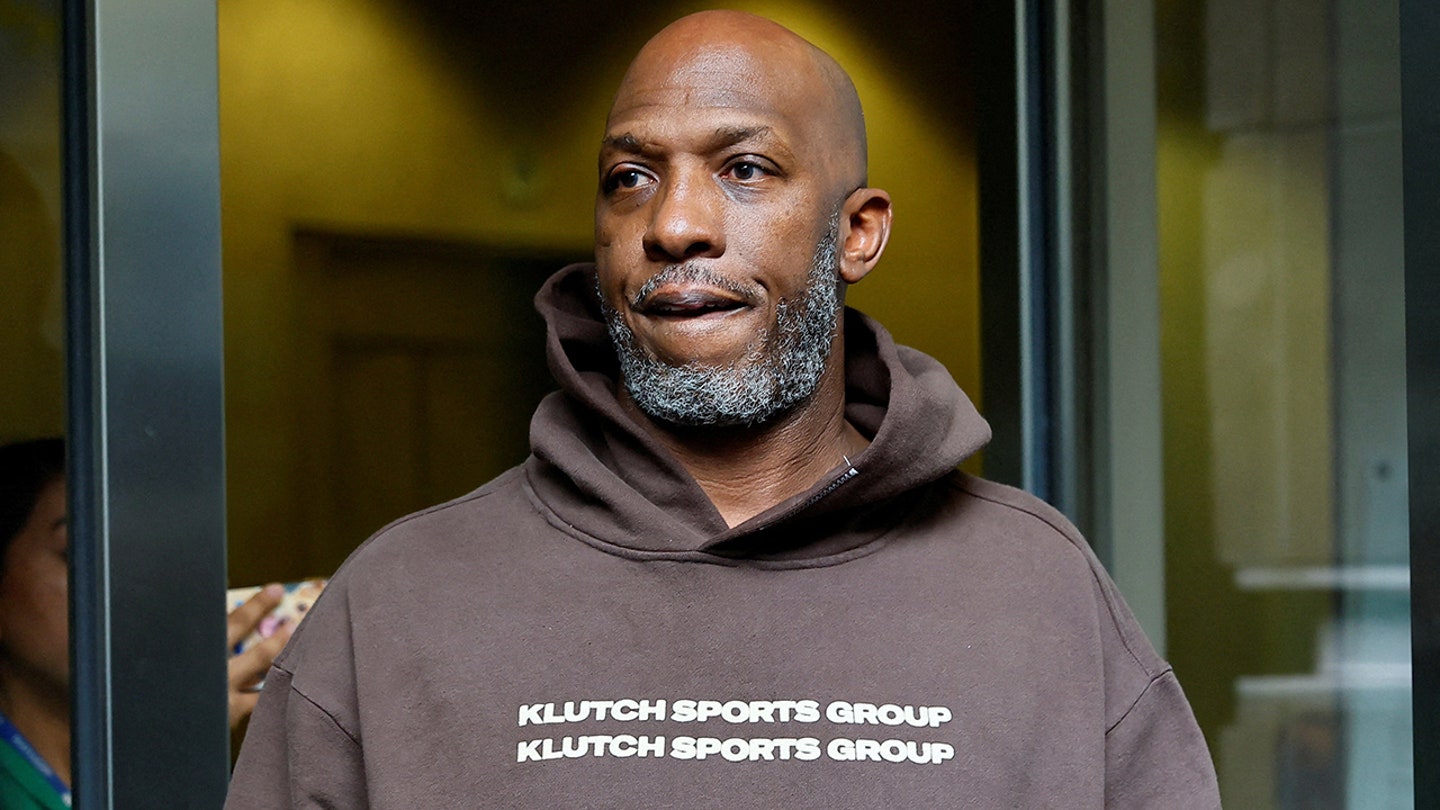
US women's hockey stars are prepared to fight Canada players at Winter Olympics amid rising tensions
Entities mentioned:
- US Women's Hockey Team: Competitive spirit, Pride, Determination
- Canadian Women's Hockey Team: Competitive spirit, Pride, Rivalry
- Caroline Harvey: Competitive spirit, Determination, Indignation
- Hilary Knight: Competitive spirit, Professional pride, Wariness
- Kendall Coyne Schofield: Loyalty, Duty, Self-preservation
- Donald Trump: Power, Pride, Competitive spirit
- Mark Carney: Competitive spirit, Pride, Influence
Article Assessment:
Credibility Score: 70/100
Bias Rating: 55/100 (Center)
Sentiment Score: 30/100
Authoritarianism Risk: 35/100 (Generally Democratic)
Bias Analysis:
The article presents both US and Canadian perspectives, but focuses more on US player quotes. It includes political context without overtly favoring either side, maintaining a relatively balanced approach.
Key metric: US-Canada Diplomatic Relations
Let me tell you something - this rivalry is HEATING UP like a championship game in overtime! The US and Canadian women's hockey teams are bringing their A-game to the international stage, and it's not just about scoring goals anymore. We're talking about a full-on GRUDGE MATCH here, folks! These players are stepping up to the plate with a win-at-all-costs mentality that's turning the ice into a potential battleground. The tension between these two powerhouse nations is spilling over from the boardroom to the locker room, and it's clear that both sides are ready to drop the gloves and go toe-to-toe. This isn't just about hockey anymore - it's about national pride and proving who's the top dog in North America. With less than 100 days until the Winter Olympics, we're seeing fourth-quarter moves from both countries, trying to get inside each other's heads. It's a high-stakes game of chess on ice, and I'm telling you right now, when that puck drops in Milan Cortina, we're going to see fireworks like never before! This is the kind of rivalry that defines sports history, folks, and these players are ready to leave it all on the ice for their countries!

US Olympian and other fencers file class-action lawsuit against USA Fencing for alleged trans athlete incident
Entities mentioned:
- Margherita Guzzi Vincenti: Justice, Competitive spirit, Professional pride
- Emma Griffin: Fairness, Competitive spirit, Recognition
- Patricia Hughes: Legacy, Fairness, Professional pride
- USA Fencing: Self-preservation, Control, Obligation
- Damien Lehfeldt: Self-preservation, Control, Wariness
Article Assessment:
Credibility Score: 75/100
Bias Rating: 65/100 (Lean Right)
Sentiment Score: 35/100
Authoritarianism Risk: 30/100 (Generally Democratic)
Bias Analysis:
The article leans right due to its framing of transgender athlete participation as problematic and its focus on the plaintiffs' perspective. However, it does include a statement from USA Fencing, providing some balance.
Key metric: Gender Equality in Sports
Let me tell you something - this lawsuit is a GAME-CHANGER in the world of fencing! We're seeing a full-court press by these elite athletes who are stepping up to the plate and taking a swing at what they see as an unfair playing field. It's like they're in the fourth quarter of a championship game, and they're not about to let their hard-earned victories be snatched away! USA Fencing is on the defensive, trying to block this legal offensive, but these fencers are showing a true championship mentality. They're not just competing on the piste anymore, folks - they're battling in the courtroom arena! This is about more than just points and medals; it's about the very integrity of women's sports. These athletes are fighting with the heart of true competitors, determined to ensure a level playing field for the next generation of fencers. It's a high-stakes match that could redefine the rules of engagement in sports across the board!

Olympic gold medalist Lindsey Vonn declines to say if she'd accept White House invitation after 2017 refusal
Entities mentioned:
- Lindsey Vonn: Competitive spirit, Professional pride, Wariness
- Donald Trump: Power, Control, Recognition
- US Olympic and Paralympic Committee: Unity, Pride, Professional pride
Article Assessment:
Credibility Score: 75/100
Bias Rating: 55/100 (Center)
Sentiment Score: 45/100
Authoritarianism Risk: 30/100 (Generally Democratic)
Bias Analysis:
The article presents both Vonn's past and present statements, showing a balanced approach. However, the inclusion of Fox News as the source of the recent question slightly tilts it towards center-right.
Key metric: International Diplomatic Relations
Let me tell you something - this story is a GAME-CHANGER in the world of sports diplomacy! Lindsey Vonn, a true champion of the slopes, is playing defense against a political power play. She's dodging questions like she dodges gates on a slalom course! This is a classic example of an athlete trying to stay in their lane and focus on the game, not get caught up in the political arena. But make no mistake, folks, the White House invitation is like a championship trophy in the world of international relations. Vonn's hesitation to commit is a strategic move, keeping her options open as she eyes another shot at Olympic glory. It's fourth quarter strategy at its finest - she's not showing her hand until she absolutely has to. This is the kind of political maneuvering that would make any coach proud!

NCAA delays rule change permitting college athletes to bet on professional sports
Entities mentioned:
- NCAA: Control, Professional pride, Security
- Division I Board: Wariness, Duty, Control
- Greg Sankey: Concern, Influence, Professional pride
- Charlie Baker: Control, Duty, Professional pride
- Roberta Page: Professional pride, Duty, Unity
Article Assessment:
Credibility Score: 85/100
Bias Rating: 50/100 (Center)
Sentiment Score: 40/100
Authoritarianism Risk: 35/100 (Generally Democratic)
Bias Analysis:
The article presents a balanced view of the NCAA's decision, including perspectives from multiple stakeholders. It doesn't appear to favor any particular side of the debate, maintaining a neutral stance.
Key metric: NCAA Sports Integrity Index
Let me tell you something - this story is RIDICULOUS! The NCAA is playing defense like it's the fourth quarter of the championship game, folks! They're delaying this rule change on betting like a coach calling a crucial timeout. It's a high-stakes game of cat and mouse between the NCAA and the gambling industry, and right now, the NCAA is trying to run out the clock. But make no mistake, this is just the first half. The real action is yet to come as college athletics faces its toughest opponent yet - the allure of easy money. This move by the NCAA is like putting in your second-string defense when you're facing Tom Brady - it might slow things down, but it's not going to stop the inevitable march down the field. I'm telling you right now, we're witnessing a pivotal moment in college sports history, and the NCAA needs to bring its A-game if it wants to maintain control of this rapidly changing landscape!

USOPC leaders address protection of women's sports, use of sex tests amid global resistance to trans athletes
Entities mentioned:
- USOPC: Professional pride, Duty, Wariness
- Sarah Hirshland: Duty, Wariness, Self-preservation
- Donald Trump: Competitive spirit, Control, Influence
- World Athletics: Fairness, Professional pride, Control
- IOC: Fairness, Unity, Professional pride
Article Assessment:
Credibility Score: 75/100
Bias Rating: 60/100 (Center)
Sentiment Score: 35/100
Authoritarianism Risk: 45/100 (Mixed/Neutral)
Bias Analysis:
The article presents multiple viewpoints but leans slightly right in its framing. It gives more space to perspectives supporting restrictions on transgender athletes in women's sports.
Key metric: Gender Equality in Sports
Let me tell you something, folks - this is a GAME-CHANGING moment in the world of sports! We're seeing a full-court press on the issue of transgender athletes in women's sports, and the players are lining up for what could be the biggest showdown since the Miracle on Ice! The USOPC is playing defense, trying to avoid any false starts while the world governing bodies are taking the offensive with genetic testing. It's like we're in the fourth quarter of a championship game, and every move could make or break the future of women's athletics. The IOC is stepping up to the plate with a scientific approach, but make no mistake - this is a high-stakes match where fairness and inclusion are going head-to-head. The crowd is watching, the tension is palpable, and we're all waiting to see who will make the game-winning play in this crucial moment for sports history!

2025 NFL Week 9 Buzz: Will Puka Nacua Return?; Jets, Saints Mulling QB Changes
Entities mentioned:
- Aaron Glenn: Ambition, Competitive spirit, Control
- Justin Fields: Determination, Professional pride, Recognition
- Sean McVay: Competitive spirit, Ambition, Professional pride
- Zac Taylor: Competitive spirit, Professional pride, Wariness
- Kellen Moore: Ambition, Competitive spirit, Control
Article Assessment:
Credibility Score: 75/100
Bias Rating: 50/100 (Center)
Sentiment Score: 55/100
Authoritarianism Risk: 20/100 (Strongly Democratic)
Bias Analysis:
The article presents a balanced view of multiple NFL teams and situations. It relies on direct quotes and factual reporting without favoring any particular team or narrative.
Key metric: NFL Team Performance
Let me tell you something - this NFL season is heating up like a fourth-quarter comeback! We've got teams making GAME-CHANGING moves left and right as they fight for playoff positioning. The Jets are in a real quarterback quandary, folks. Aaron Glenn is playing his cards close to the chest, but you can bet he's looking for that championship-caliber signal caller to lead his squad. Over in LA, Sean McVay is getting reinforcements just in time - Puka Nacua and Rob Havenstein are suiting up like all-star pinch hitters coming off the bench. But it's not all smooth sailing - injuries are hitting teams like blindside sacks. The Vikings and Saints are both eyeing QB shakeups that could make or break their seasons. I'm telling you right now, these next few weeks are going to separate the contenders from the pretenders as we barrel towards the playoffs!

NFL Reminds Players of League Gambling Policy In Light of Federal Indictments
Entities mentioned:
- NFL: Professional pride, Control, Integrity
- NFL Players: Self-preservation, Professional pride, Obligation
- Sean Payton: Duty, Professional pride, Wariness
- NFL Players Association: Protection, Duty, Obligation
Article Assessment:
Credibility Score: 85/100
Bias Rating: 50/100 (Center)
Sentiment Score: 40/100
Authoritarianism Risk: 35/100 (Generally Democratic)
Bias Analysis:
The article presents a balanced view of the NFL's actions and includes quotes from multiple sources. It objectively reports on the policy without taking sides, maintaining a neutral stance.
Key metric: League Integrity Index
Let me tell you something - this story is a GAME-CHANGER! The NFL is stepping up to the plate with a full-court press against gambling violations. They're not just running defense, folks, they're going on the offensive to protect the integrity of the game. This is a championship mentality from the league office, sending a clear message to players that they need to stay in bounds when it comes to betting. It's fourth quarter, two-minute drill time for the NFL to tackle this issue head-on. Players need to show that team-first mentality and avoid personal fouls that could jeopardize their careers and the sport's reputation. This is CRUNCH TIME for the league's integrity, and they're bringing their A-game to keep the playing field level and fair for all competitors.

Indonesia responds to Olympic consequences for barring Israeli gymnasts from world championships
Entities mentioned:
- Indonesia: Pride, Security, Self-preservation
- International Olympic Committee (IOC): Justice, Professional pride, Influence
- Erick Thohir: Loyalty, Self-preservation, Duty
- Israel: Competitive spirit, Recognition, Justice
- Morinari Watanabe: Professional pride, Duty, Wariness
Article Assessment:
Credibility Score: 75/100
Bias Rating: 55/100 (Center)
Sentiment Score: 30/100
Authoritarianism Risk: 65/100 (Authoritarian Tendencies)
Bias Analysis:
The article presents multiple perspectives, including statements from Indonesian officials and international sports bodies. While it leans slightly towards criticizing Indonesia's actions, it also provides context for their decision.
Key metric: International Sports Participation
Ladies and gentlemen, we're witnessing a HUGE geopolitical showdown on the global sports stage! Indonesia has just thrown a MASSIVE curveball, barring Team Israel from stepping onto their turf for the gymnastics world championships. Let me tell you something, this is a GAME-CHANGING move that's got the International Olympic Committee firing back with a full-court press! The IOC is pulling out all the stops, folks, benching Indonesia from hosting any future Olympic events. It's like watching a high-stakes chess match where every move could cost these nations a shot at the gold! Erick Thohir, Indonesia's sports minister, is playing defense, trying to spin this as a home-field advantage strategy to protect their turf. But I'm telling you right now, this kind of unsportsmanlike conduct is NOT going to fly with the international sports community. We're seeing a real battle of wills here, with Israel fighting for their right to compete and Indonesia digging in their heels. This is the kind of fourth-quarter drama that could reshape the entire landscape of international sports competitions for years to come!

Stunning NBA charges reveal the sports gambling reckoning is already here
Entities mentioned:
- NBA: Professional pride, Control, Influence
- Damon Jones: Greed, Influence, Self-preservation
- LeBron James: Competitive spirit, Recognition, Legacy
- Terry Rozier: Greed, Self-preservation, Ambition
- NCAA: Control, Duty, Wariness
- Shane Hennen and Marves Fairley: Greed, Control, Power
Article Assessment:
Credibility Score: 75/100
Bias Rating: 55/100 (Center)
Sentiment Score: 30/100
Authoritarianism Risk: 35/100 (Generally Democratic)
Bias Analysis:
The article presents a balanced view of the gambling issue, citing multiple perspectives. It leans slightly towards caution about gambling's impact, but doesn't take an extreme stance.
Key metric: Integrity of Professional Sports
Let me tell you something, folks - this story is a GAME-CHANGER! We're witnessing a full-court press on the integrity of professional sports, and it's coming from both inside and outside the arena. The NBA, once the shining beacon of athletic excellence, is now facing a defensive breakdown that would make any coach lose their mind! You've got former players like Damon Jones allegedly calling plays for gamblers instead of teammates - that's like a quarterback handing the playbook to the opposing team! And don't even get me started on Terry Rozier - this guy's got a $90 million contract and he's still trying to run a side hustle? That's like fumbling on the one-yard line when you're already up by 50! Meanwhile, the NCAA is trying to run a zone defense against gambling, but they've left the paint wide open by allowing athletes to bet on pro sports. It's a risky play, folks, and I'm telling you right now, it could backfire faster than a trick play in the Super Bowl. The real MVPs in this mess are the criminals like Hennen and Fairley, who are running circles around everyone like they're Steph Curry on a hot streak. This isn't just a foul, it's a flagrant violation of everything sports stands for, and if we don't get our heads in the game, the integrity of professional athletics could be riding the bench for good!

Charles Barkley, Kenny Smith clash over FBI gambling probe allegedly involving NBA figures: 'That's stupidity'
Entities mentioned:
- Charles Barkley: Righteousness, Moral outrage, Professional pride
- Kenny Smith: Duty, Obligation, Wariness
- NBA: Self-preservation, Integrity, Control
- FBI: Justice, Control, Duty
- Chauncey Billups: Greed, Self-preservation, Fear
- Terry Rozier: Greed, Self-preservation, Fear
Article Assessment:
Credibility Score: 75/100
Bias Rating: 50/100 (Center)
Sentiment Score: 25/100
Authoritarianism Risk: 30/100 (Generally Democratic)
Bias Analysis:
The article presents multiple viewpoints from different NBA analysts, allowing for a balanced discussion. It also includes factual information about the FBI investigation and charges, maintaining a neutral stance.
Key metric: NBA League Integrity
Let me tell you something - this story is a GAME-CHANGER for the NBA! We're talking about a FULL-COURT PRESS by the FBI that's left the league scrambling on defense. Billups and Rozier, once star players, are now facing their toughest opponents yet - federal charges! This is like watching a championship team implode from the inside. The NBA thought they had a slam dunk with their gambling policies, but now they're fumbling the ball big time. Barkley and Smith are going at it like it's the fourth quarter of Game 7, folks! Barkley's playing offense, calling out 'stupidity', while Smith is on defense, talking about addiction. But let me tell you, this isn't just a foul - this could be a career-ending move for some of these players. The league's integrity is on the line, and they need to step up to the plate and knock this one out of the park if they want to maintain their championship mentality. This is RIDICULOUS, and I'm telling you right now, the NBA needs to tighten up their defense or they'll be watching their credibility go up in smoke faster than a buzzer-beater!